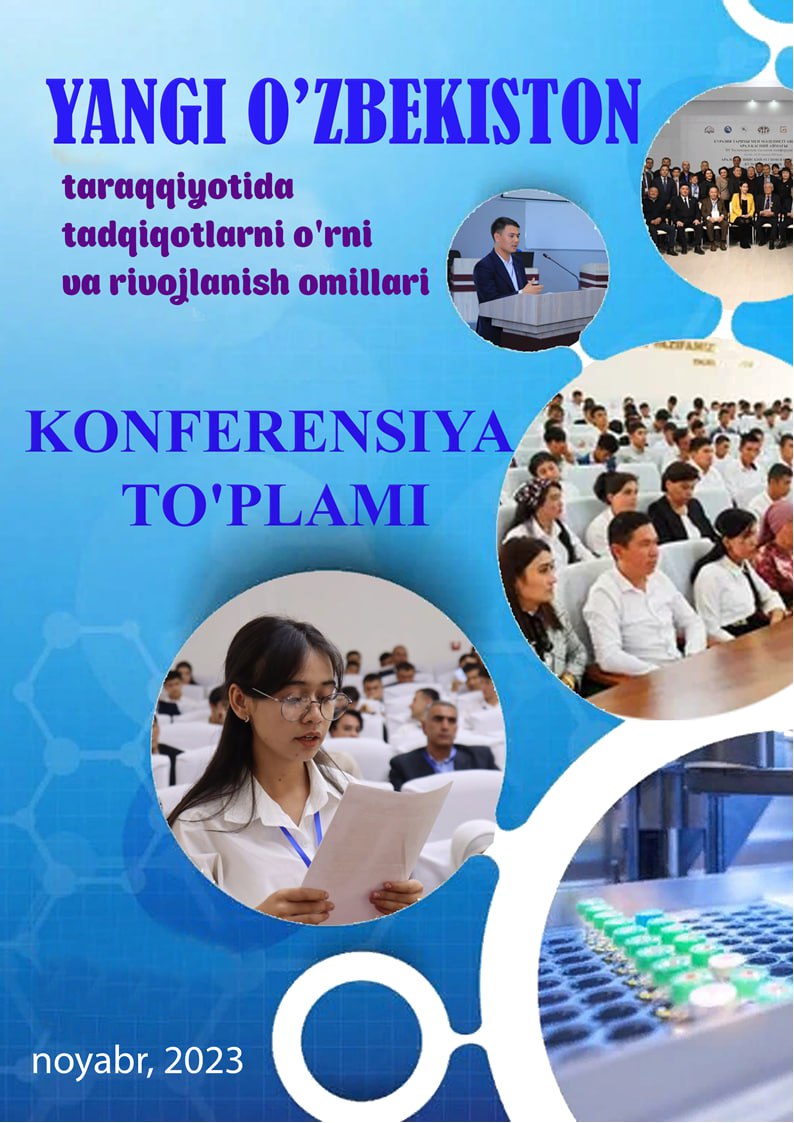USING GAMES IN THE CLASSROOM
Keywords:
Games in the classroom, Educational games, Game-based learning, Student engagement, Academic outcomes, Active learning, Collaboration, Problem-solving skills, Critical thinking, Motivation, Hands-on learning, Interactive experience, Social skills, Competition, Teamwork, Communication, Decision-making skills, Safe and immersive environment, Higher education, Professional world, Verbal and nonverbal words.Abstract
This article discusses the benefits of incorporating games in the classroom and explores strategies for implementing game-based learning effectively. The author emphasizes the ability of games to promote active learning, engagement, collaboration, problem-solving skills, critical thinking, and communication among students. The article highlights the positive impact of games on student motivation, social skills, academic performance, and their preparation for real-world settings. It emphasizes that careful selection and design of games, alignment with learning objectives, age-appropriateness, guidance, and debriefing are crucial for successful integration into the curriculum. Overall, the article encourages educators to consider the potential of games as a powerful teaching strategy to enhance student engagement and improve educational outcomes.




